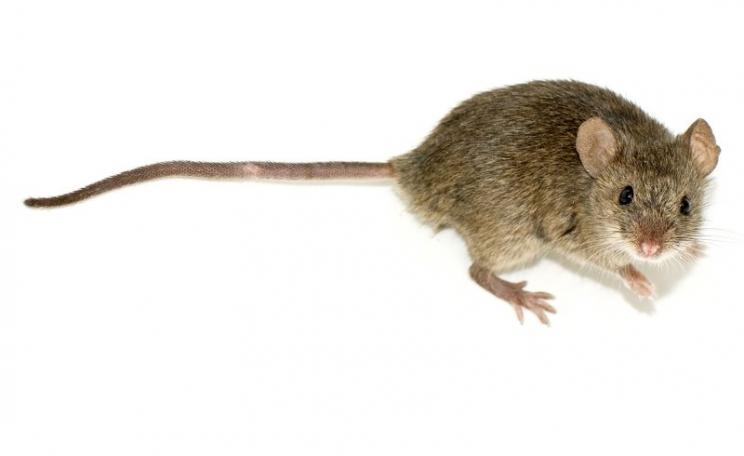35 different pesticides were sprayed several times on the GM brinjal crops after falling victim to a number of pests and diseases despite being touted as the ‘no-pest brinjal’.
In spite of the failure of Bt brinjal in its first two years of cultivation in Bangladesh, a third round of cultivation is under way.
Very few of the farmers who previously cultivated the GM brinjal (aubergine / eggplant) are interested in doing so again, so new farmers have had to be recruited.
No report has been published on the research findings of the first two rounds of field cultivation of Bt brinjal, apart from some propaganda news articles.
The website of the Bangladesh Agricultural Research Institute (BARI), which is responsible for managing the project in Bangladesh, is silent on the subject.
In the second round of cultivation, Bt brinjal seedlings were given to 108 farmers, 79 of whom were interviewed by Unnayan Bikalper Nitinirdharoni Gobeshona, the Policy Research for Development Alternatives (UBINIG) staff and found to have experienced massive crop failures.
This is in spite of claims made by the BBC programme Panorama that the crop had been a 90% success.
The originator of the Bt brinjal venture, Cornell University's Agricultural Biotechnology Support Project II (ABSPII), has avoided reporting the facts on the ground, confining itself to generalized statements about the project's background and partners.
Even the GMO industry group, the International Service for the Acquisition for Agri-Biotech Applications (ISAAA), has not published any project updates since their report in 2014.
37 of 40 farmers 'not interested' in Bt brinjal after failed harvests
Given the miserable failure of Bt brinjal, one would expect the project to be abandoned, however in the third year of field cultivation, BARI expanded the project to 200 farmers, adding two extra Bt brinjal varieties. Interestingly, very few farmers from the second round were included.
Had Bt brinjal been successful, there would have been a demand from the farmers, as well as from BARI and the Department of Agricultural Extension (DAE), to continue with the same farmers who had gained knowledge and experience and who had helped to establish the supposed 'success' of the crop.
In January 2016, UBINIG contacted 40 farmers in 9 districts and found that 37 farmers had not been contacted by the DAE or BARI, nor were they themselves interested in growing Bt brinjal. The reason was the massive failure of the previous harvests. One farmer in the district, Sakhawat, did not cultivate Bt brinjal as he could not sell them in the market after becoming too hard and did not look edible.
35 different pesticides were sprayed several times on the GM brinjal crops after falling victim to a number of pests and diseases despite being touted as the ‘no-pest brinjal’.
Three farmers in three districts cultivated Bt brinjal again on smaller size plots at the request of the authorities. However, the entire management of the cultivation was done by officials, not the farmers.
In Pabna, a showcase farmer called Peyara Amzad was the only one who received Bt brinjal in all three rounds, and was given two varieties in the third year. The fruits have yet to come out fully but the few that have, are again showing evidence of pest attack.
Most farmers who previously grew the GM crop are now growing local non-GM brinjals this year and are happy with the productivity as yields have been higher and they have not needed any pesticide application.
This is in stark contrast to their previous year's harvest where 35 different pesticides were sprayed several times on the GM brinjal crops after falling victim to a number of pests and diseases despite being touted as the 'no-pest brinjal'.
Now GM potato introduced for new trials
While the failures of Bt brinjal continue, the authorities are introducing GM crops one after the other. The latest addition to the list is a GM potato, claimed to resist late blight. BARI introduced this GM crop in the current season as a 'regulatory trial' - the last requirement prior to seeking approval for commercialisation.
Breeders involved in developing the GM potato since 2006 at BARI said the blight-resistant gene was taken from wild potato varieties and was engineered into a potato variety called Katahdin in the United States. It has been crossed with Diamant and Cardinal - two popular potato varieties in Bangladesh.
Brinjal and potato are important vegetable crops for the people of Bangladesh and are consumed on a large scale. Yet the Bt brinjal project has set a miserable precedent.
Despite crop failures, a dearth of scientific validation, and a lack of acceptability at farmer level, Cornell's ABSPII project and its partner BARI continue to play games with the lives and livelihoods of the people of this country.
If they are so sure that Bt brinjal is a safe and beneficial crop and that it saves the crops from pests (if not from pesticides), then they must at least label the GM brinjals, in line with Bangladesh's biosafety requirements.
Farida Akhter is director of the policy research organization UBINIG.
This article was originally published by GMWatch.
Also on The Ecologist:
- 'GMO propaganda over facts? BBC Panorama and Bt brinjal' by Claire Robinson.
- 'Bangladesh - farmers say no to GM vegetables' by Mae-Wan Ho.







